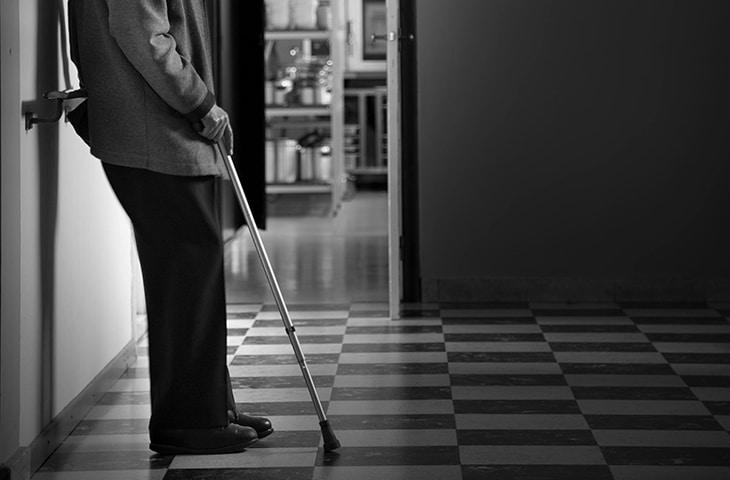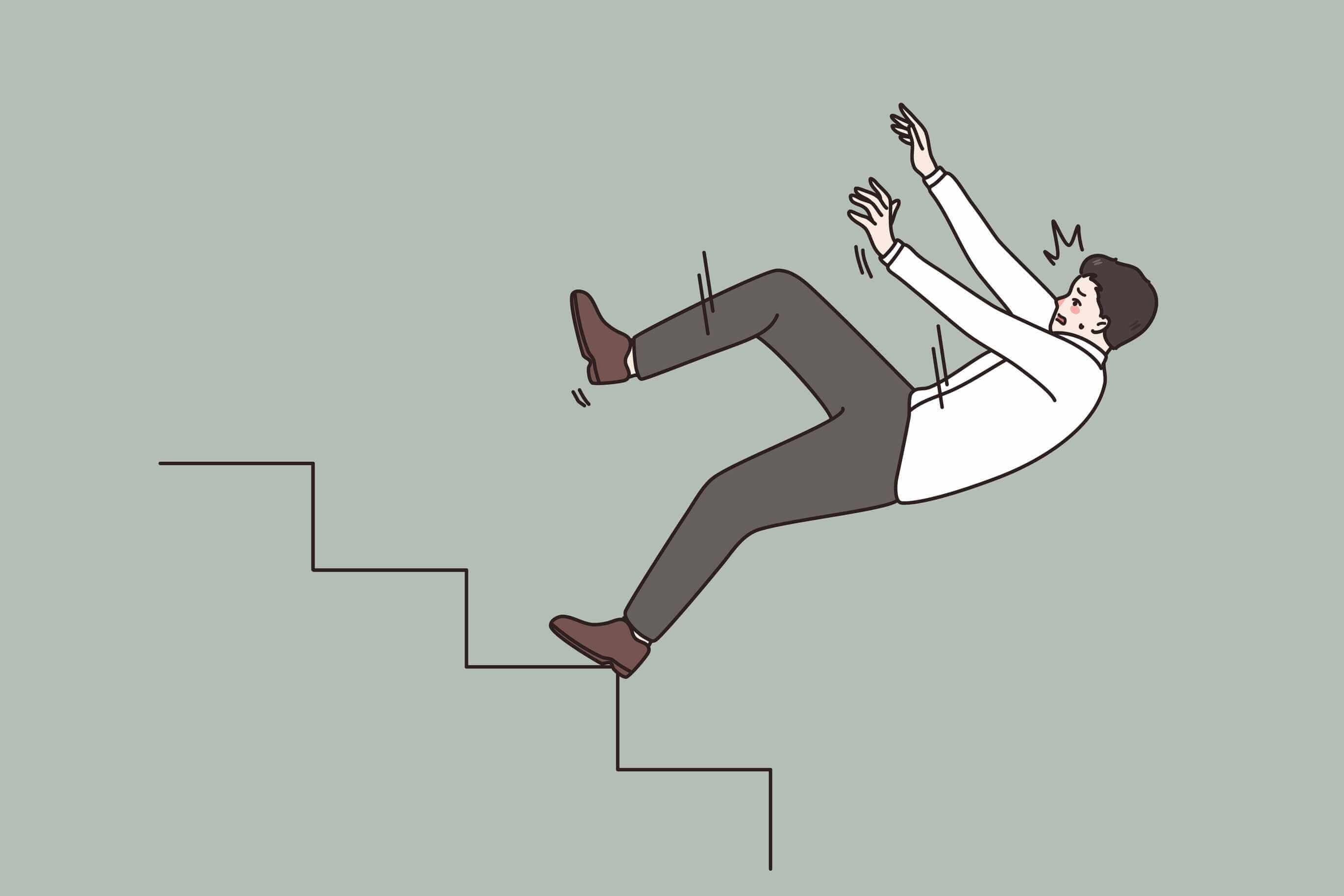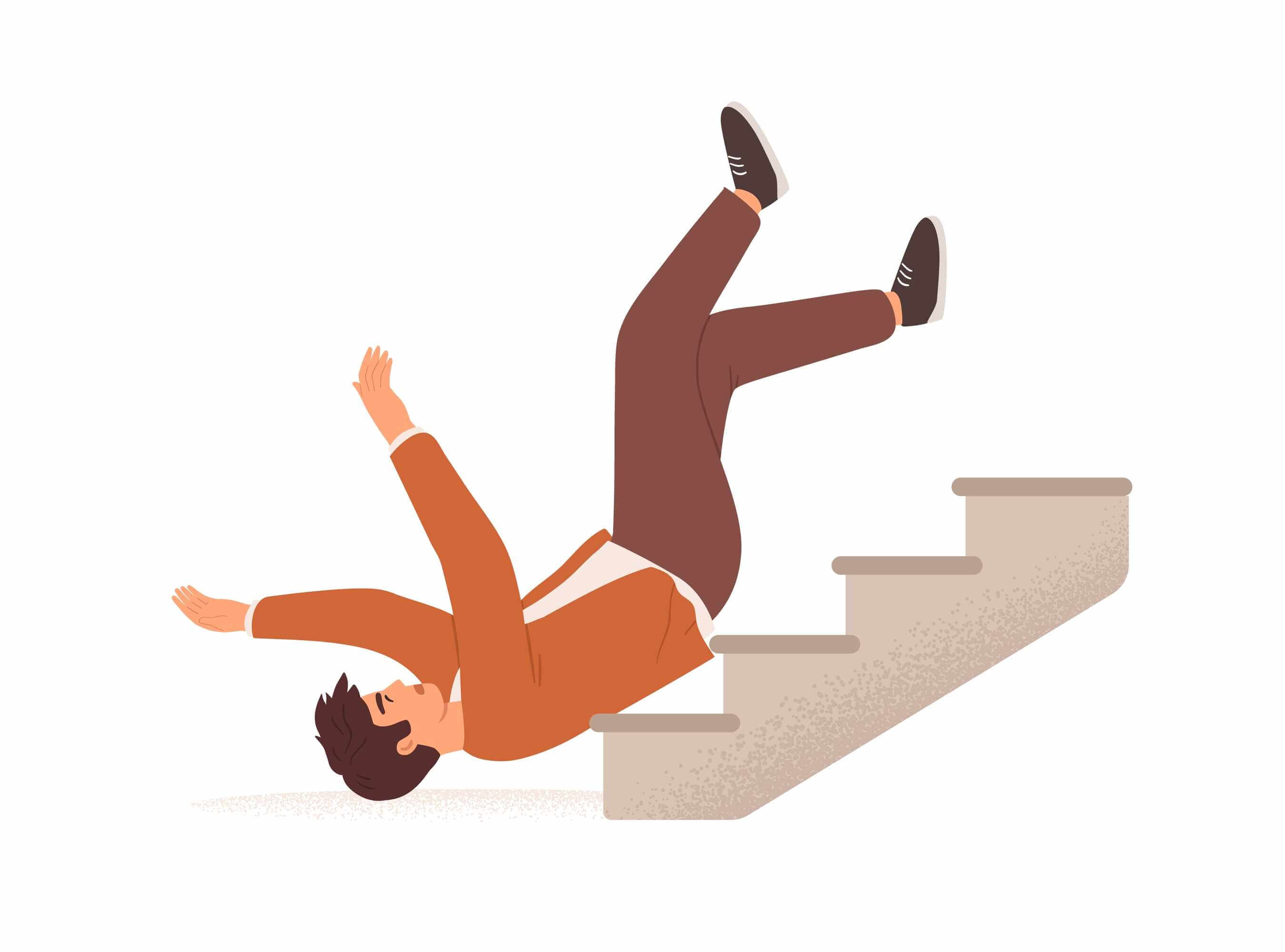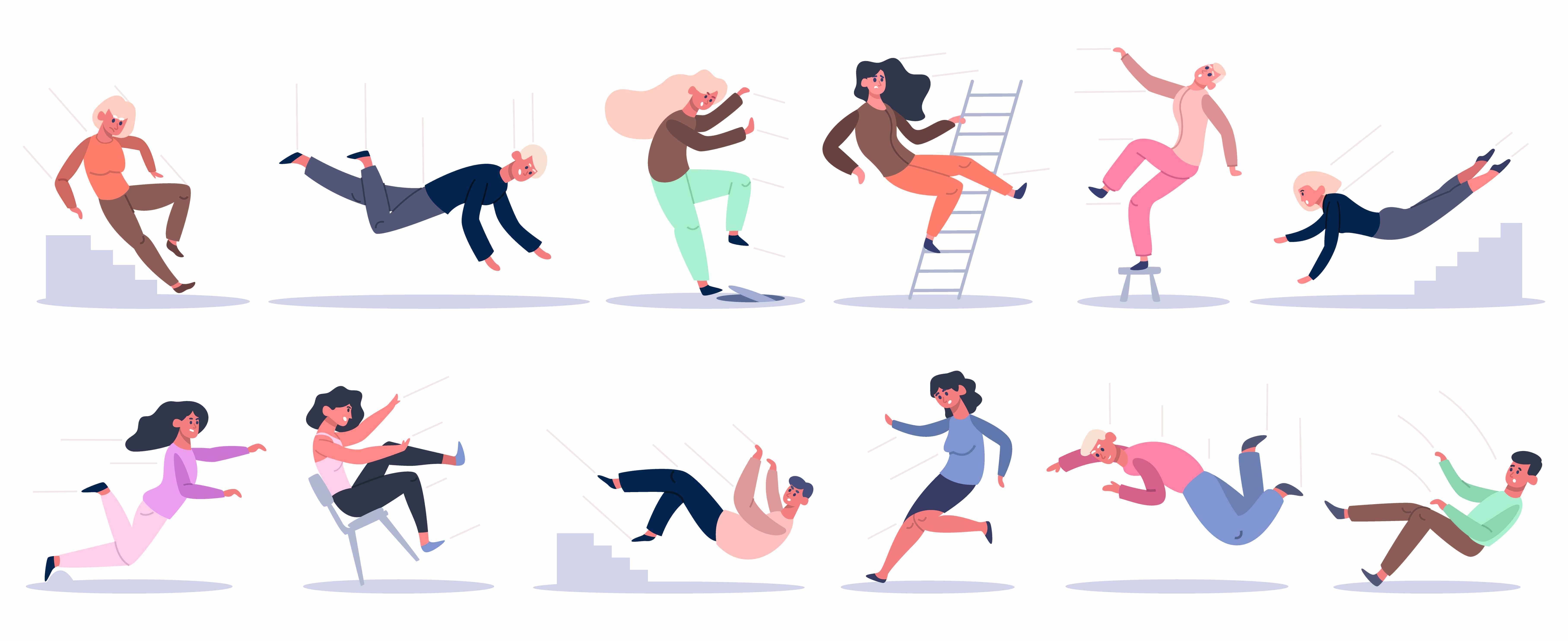The #1 Health Myth Longevity Experts Are Begging People Over 50 To Ignore

The popularity of TikTok and social media and the misinformation proliferated on these platforms means that a lot of health myths are getting more popular—and more people are beginning to believe them—sometimes to the detriment of their own health.
When it comes to information that's factual, genuine and practical, the best person to speak with is always going to be your own physician and care team, because every human being and their circumstances, genetics and needs are different and unique. That said, if you're 50 years old or older, doctors and experts we spoke to are passionate about several health myths that you may have accepted as fact for years.
Here, they've debunked the most popular and harmful health myths for these demographics—but their advice can easily apply to people of every age.
Related: 4 Things Almost Everyone Who Lives to 100 Has In Common, According to Longevity Experts
The No. 1 Health Myth Longevity Experts Are Begging People Over 50 to Ignore
The one health myth experts are begging you to stop buying into? That exercise gets more dangerous or unnecessary as you get older. We spoke to several experts in longevity for this piece, and the most common responses we received to the worst and most pervasive health myths for people over 50 were around exercise: that it's either harmful or not worth it, because you'll inevitably wither away and get weak with age.
Not so, says Dr. George Nikias, MD, a gastroenterologist at Gastroenterology Associates of New Jersey.
"I believe the biggest health myth is the perception that loss of muscle mass, strength, and vitality is an inevitable and irreversible consequence of aging," he tells Parade. "In reality, there is substantial evidence showing that resistance training, combined with proper exercise, a sound diet and adequate sleep, can significantly increase muscle mass and strength and maintain vitality well into later years."
Dr. Nikias adds that it's crucial to understand that while metabolism does slow down with age as a result of reduced muscle mass, this is not an irreversible process. Consequently, the ability to maintain a healthy weight, as well as reduce risk of injury, can be mitigated with regular adherence to the above principles."
Related: The Best Free Workouts on YouTube
Dr. Nikias advises not to buy into fad diets and short-term fixes, which he says are neither realistic nor viable, and instead stick with what we all know is tried and true: "Consistency with daily attention to diet choices (plant-forward and protein-rich) and even small regular activity will yield results."
Another aspect of this myth around exercise for people 50 and over is that it's "too late" for them to start working out. "The myth that sticks out most [to me] is the belief that starting to exercise or switching up their lifestyle at older ages won’t have any benefits," Christopher Norman, MSN, APRN, APHN-BC, GNP-BC, a geriatric nurse practitioner and adviser to the National Council on Aging, tells us. "Many feel that the time to make health changes has passed and feel that the effort won't be worth it anymore. This is not true."
Norman explains that exercise can dramatically improve the quality of life for seniors. "Regular exercise and a healthy diet may delay the progression of chronic illnesses, improve mobility, reduce fall risk and improve mental health," he says. "When seniors assume these benefits aren't accessible anymore, they might skip chances to live healthier, fuller lives."
Dr. Jennifer Dunphy, DrPH, shares their frustrations with this long-standing myth.
"The biggest health myth I find individuals 50 and older believe is that they can no longer get stronger and that they are in perpetual decline. While it is true that your body is aging, research shows that there is so much you can do to not only stop aging but reverse it," Dr. Dunphy explains. "You can do this by improving your overall fitness capacity by working on balance, cardio and strengthening exercises daily, improving your cognitive function by staying challenged mentally as well as staying socially active. These three factors are correlated with not only longer lives but with higher quality lives."
"The truth about this health myth is that we do age, and it can be uncomfortable at times, but if we can focus on not only preserving our current capacities many of us will have a very bright, long and wonderful future ahead," she adds.
Related: ‘I'm 80 and In the Best Shape of My Life—This Is the Exact Workout Routine I Swear By’
5 Other Health Myths Longevity Experts Are Begging People Over 50 To Ignore
1. You're destined to be lonely and depressed
No, no, no!
While it's true that there is a bit of a loneliness epidemic overall and that seniors are often more lonely and isolated than other demographics, it doesn't have to be this way—and it absolutely shouldn't be this way.
"As a doctor specializing in health care for seniors, I see a lot of misconceptions about health and aging, but the biggest myth must be that depression and loneliness are just a normal part of getting older," explains Dr. Theresa Woodard, MD, area medical director and internal medicine doctor at CenterWell Senior Primary Care in Louisiana. "It doesn’t have to be that way, and the CDC says that depression is not a normal part of aging. Evaluating and potentially diagnosing depression in the elderly should take on the same importance as with any other adult."
One factor is the social isolation that seniors may face, which Dr. Woodard says is "incredibly harmful to both physical and mental health."
Related: The Unexpected Depression Sign a Geriatrician Is Begging People Over 50 to Pay Attention To
"Just last year, the U.S. Surgeon General released an advisory on 'Our Epidemic of Loneliness and Social Isolation.' Among many concerning trends, the report noted the increase in social isolation, especially during and after the COVID-19 pandemic, and how substantial evidence links loneliness and social isolation to accelerated cognitive decline and an increased risk of dementia in older adults, including Alzheimer’s disease," Dr. Woodard tells Parade. "Chronic loneliness and social isolation can increase the risk of developing dementia by approximately 50% in older adults."
The health risks don't end there. According to Dr. Woodard and a study from the National Institute on Aging, social isolation can also put people at risk of anxiety, depression, heart disease, high blood pressure, obesity, secondary insomnia and a weakened immune system.
Dr. Woodard points out that depression among people over 50 is often mis- or under-diagnosed and under-treated, in part because some depression symptoms (which can include sadness or anxiety lasting weeks or more; feelings of hopelessness, helplessness, guilt or pessimism; irritability; restlessness; fatigue; difficulty concentrating; difficulty making decisions; difficulty remembering details; headaches; cramps; insomnia or sleeping more than usual; body aches and digestive issues) can mirror those of other chronic conditions that are common among older people.
Related: The One Thing You Should Never, Ever Do if You Suffer From Depression, According to Therapists
"Because about 80% of seniors have at least one chronic condition, while approximately 50% have two or more, the CDC notes that some well-meaning family, friends or health care professionals may mistake depression symptoms as a reaction to chronic conditions, illnesses or aging," she says. "At the same time, the stigma may prevent some seniors from seeking help from a mental health professional. Without proper mental health care, depression can lead to deteriorating quality of life and, in some cases, suicide. Tragically, seniors have a disproportionately high suicide rate, in large part because of loneliness, the passing of loved ones, and the loss of personal autonomy due to physical and mental health struggles."
Some of that stigma is linked to aforementioned myths surrounding seniors and exercise and physical strength, Norman shares.
"Media representations of aging usually focus more on limitations rather than on trying to be active and mobile as we age," he explains. "The facts are that less than 5% of the older adult population in the United States live in nursing homes, which means that about 95% are out and about living in our communities. Why, then, do we as a society have stereotypes that depict older people as decrepit and depressed? The lack of visible older role models who defy these stereotypes and demonstrate physical or health improvements also doesn't help with these misbeliefs."
Related: This Is the #1 Early Depression Sign Most People Miss
2. Lifestyle alone can fix all cardiovascular conditions
The idea that lifestyle changes can fully fix our health issues is a myth. While eating healthy, exercising regularly, getting enough sleep and more can certainly help, these attitudes ignore genetic and systemic factors that impact all of us, and only you and your care team can determine what your circumstances and needs are.
"One common misconception is that all cardiovascular conditions can be fully managed, or reversed through lifestyle changes and supplements alone," Dr. Rigved V. Tadwalkar, MD, a board-certified consultative cardiologist at Providence Saint John’s Health Center in Santa Monica, California, explains. "While a healthy diet, regular exercise and stress management can significantly improve heart health and reduce the risk of heart disease, some conditions require medical intervention."
For example, he says, certain types of heart disease, such as coronary artery disease or heart failure may necessitate medications, procedures or even surgery. "This is why it is so important to consult with your doctors to determine the most appropriate treatment plan for your specific situation," he adds.
Related: The One Thing You Should Never Do if You Have High Cholesterol
3. Everyone should take a fish oil supplement for heart health
The jury is still out on just how helpful fish oil supplements really are, but they tend to rank lower on the list when it comes to factors that can improve heart health.
"As a cardiologist, one of the 'healthy myths' I hear most about from my older patients is that omega-3s, particularly fish oil, provide 'heart-healthy' benefits. While omega-3s are often touted for their heart-protective properties, recent research suggests that the benefits may not be as widespread as once believed," Dr. Neel R. Patel, MD, cardiologist at HCA Florida Healthcare, tells Parade. "A study published in May in BMJ Medicine found that while fish oil supplements can benefit individuals with existing cardiovascular disease, they may actually increase the risk of first-time heart events, such as atrial fibrillation (AFib), in the general population."
The study indicated a possible 13% risk of first-time AFib in patients taking fish oil supplements regularly compared to those who didn't take fish oil supplements.
"Given these findings, it's crucial for individuals, particularly those with no known heart disease, to consult healthcare providers before starting fish oil supplements, especially in high doses," Dr. Patel notes. "Supplement use should be based on individual health profiles rather than relying on blanket recommendations. Also, over-the-counter fish oil supplements differ from prescription-grade versions, and the lack of regulation for these supplements means their efficacy and safety can vary widely. Patients should always talk to their doctor before starting any supplement regimen, especially as we age."
Related: ‘I’m a Cardiologist—This Is the One Vitamin I Never, Ever Skip’
4. High cholesterol is only caused by a poor diet
No, high cholesterol isn't always caused by a poor diet. "While excessive intake of saturated and trans fats can certainly contribute to high cholesterol levels, genetic factors play a large role," Dr. Tadwalker says. "Some individuals may have a genetic predisposition to high cholesterol, even if they maintain an optimal diet and exercise frequently. In such cases, medications are often necessary to manage cholesterol levels."
5. Heart attacks are easy to recognize
"Finally, it is important to note that not all heart attacks are preceded by chest pain," Dr. Tadwalkar emphasizes. "While chest pain is a classic symptom, some individuals may experience atypical symptoms such as jaw pain, shortness of breath [or] nausea. Recognizing these less common symptoms is critical for early diagnosis and treatment."
Up Next:


